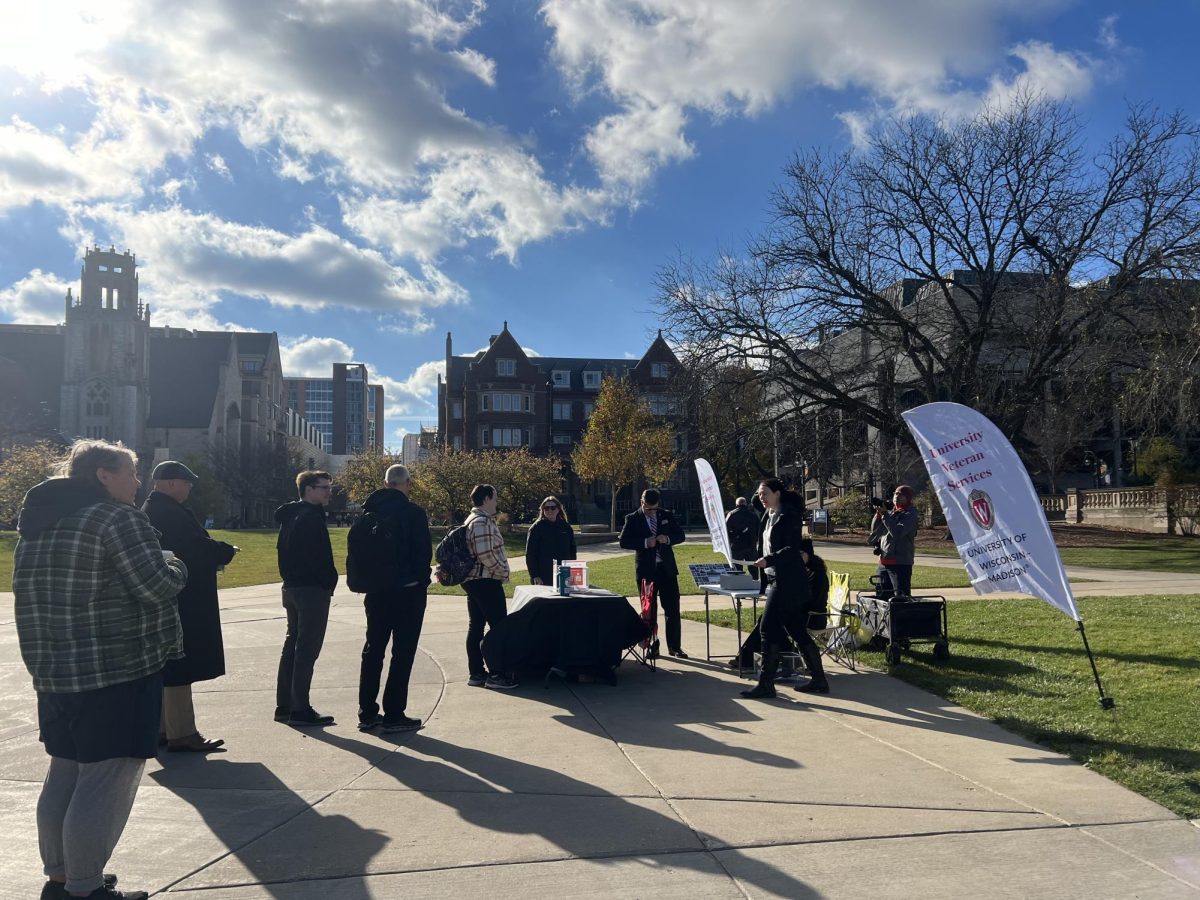Talks of moving Greek recruitment from the first weeks of fall semester to later in the year have caused debates between Greek organizations, shared governance committees and the administration.
The University of Wisconsin’s Greek Recruitment Advisory Committee officially began considering different models for Greek recruitment dates in November 2013. However, the Associated Students of Madison said in an April 1 letter the committee violates shared governance.
Associate Dean of Students Kevin Helmkamp said the committee is still considering different models, and will report its findings early this summer to the Dean of Students Office after it gathers more information.
“We wanted to assess the impact of different models on the recruitment process [and] respect … the individual student who is interested in Greek life,” Helmkamp said.
Currently, Greek recruitment sessions begin early in the fall semester, usually before classes start. Helmkamp said the concern with this model is students might not understand what they are getting into so early in the year, as they are committing to a life-long organization after being on campus for only a few days.
Chris Fernandez, the former president of UW’s Interfraternity Council, said in his time as president — when the committee began looking at different models — IFC focused on three core initiatives.
“We focused on improving [Greek] relationships with the university, [improving relationships] with the campus community and [we] focused on articulating the positive things that we were doing on campus, like our philanthropic and scholastic programming,” he said.
Fernandez said through his experience meeting with members of the Dean of Students Office, he felt they generally had negative opinions of Greek life.
Other possibilities for Greek recruitment include pushing recruitment to a later date in the fall semester. The other option would be for early spring semester recruitment.
“The one pro [to the current model] that seems to be most frequently mentioned is by having the process done early in the semester, academic impact is minimized because it’s not occurring in a period of high exams,” Helmkamp said.
Many responses to the committee were from people who wanted to maintain a status quo and continue the current model, Helmkamp said. He also said the committee is not trying to change anything at this time, but is only looking at different models to consider all options.
Fernandez said there are several issues with moving Greek recruitment either later in the fall semester or into spring. For example, he said, if recruitment was moved to the spring semester, freshmen would have to travel from house to house during recruitment sessions in freezing weather instead of summer temperatures.
Helmkamp said the committee has about 10 members including students from Greek organizations and staff members from The Center for Leadership and Involvement, The Center for First-Year Experience, housing and others. He said the committee is made up of people who have a strong connection to Greek life or new students on campus.
Fernandez said he does not think the committee was put together in the best way and members of Greek life did not fully have a say in the conversation.
“I’m a lot more disappointed with … the amount of influence we have on this decision. It seems negligible,” he said.













